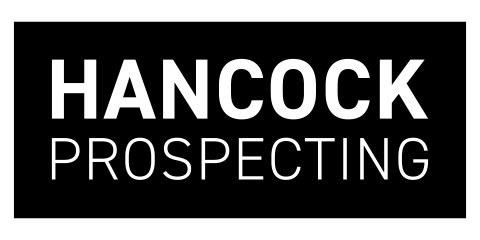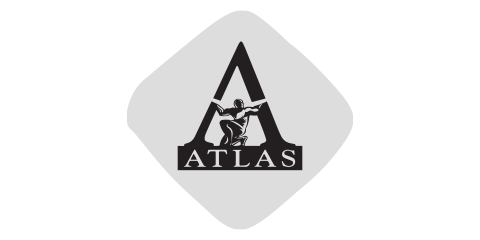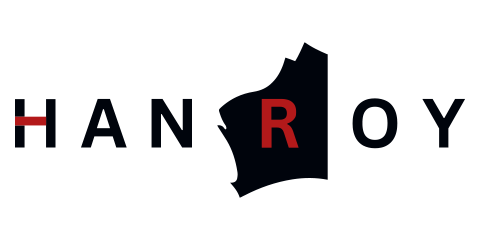
Article by Perry Williams, courtesy of The Australian
12.03.2025
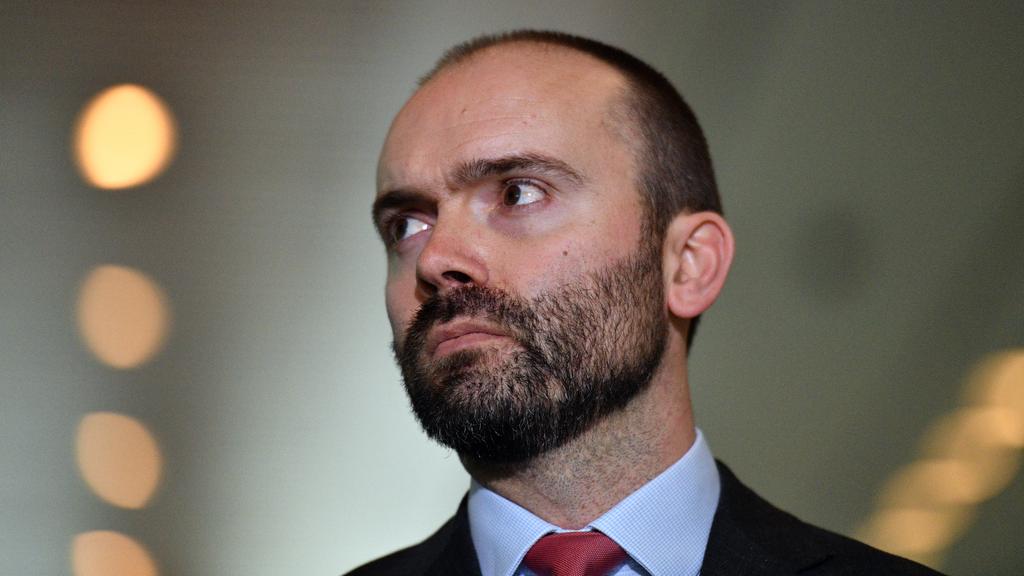
Big east coast gas users have laid out a blueprint for gas policy reforms, including a domestic reservation scheme, amid concern a plan for the commonwealth to underwrite LNG imports will entrench high prices for local industry.
Manufacturing Australia – which counts BlueScope, CSR and Tomago Aluminium as members – said a push by Victorian Energy Minister Lily D’Ambrosio to provide government support to kickstart gas imports represented a “high cost and high emissions way” to fix east coast shortages without addressing its cause.
“In the long term, it is likely to do more harm than good, and Australia will never regain its energy cost advantage – nor secure the future of manufacturers that need competitively priced gas – if we entrench import parity pricing,” Manufacturing Australia chief executive Ben Eade writes in The Australian on Tuesday.
“The paradox of Australia exporting vast quantities of gas while contemplating imports and imposing restrictions on local gas exploration and development reflects successive policy failures at all levels of government.”
The push for the commonwealth to underpin importing LNG for the first time will be presented to federal and state energy ministers on Friday in a major intervention aimed at fixing looming gas shortfalls on the east coast.
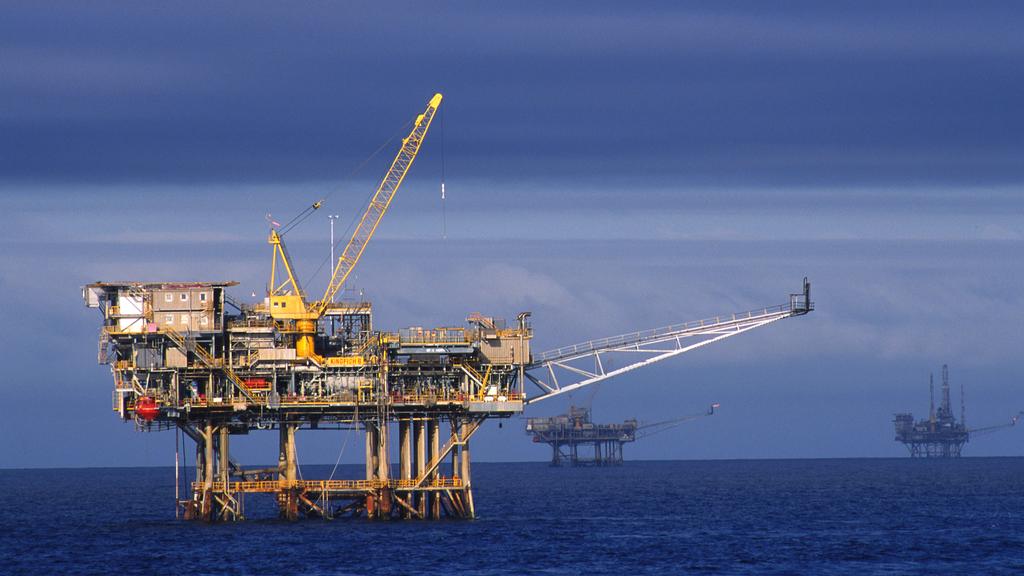
Manufacturing Australia called for a four-part action plan involving fast tracking new domestic gas development, with appropriate environmental safeguards and developing a national gas reservation policy based on Western Australia’s model, which keeps 15 per cent of exports available for the state’s consumers.
It also wants the removal of red tape to enable the transport and storage of gas, along with a customer “bridge” enabling facilitating gas “swaps” or financial support for at-risk plants.
“Australia doesn’t need imported gas. We should develop and reserve domestic gas for manufacturers and local customers, rather than pursue solutions that entrench import parity pricing. What’s required is political courage to ensure our abundant natural resources benefit the entire economy, not just the export sector,” Mr Eade said.
The Energy Users Association of Australia, whose members include Incitec Pivot and Brickworks, said it was amazed one of the world’s biggest LNG exporters was contemplating importing LNG.
“It’s a significant failure of policy, planning and production. It is like importing sand into the Sahara,” EUAA chief executive Andrew Richards said.
The move faces significant opposition with the nation’s leading gas pipeline company, APA Group, concerned the decision to prop up imports may trigger a jump in local prices.
Mr Richards price pressure was a concern should the scheme go ahead. “Government underwriting should seek to deliver lower gas prices for energy users or create a strategic reserve,” he said. “Either way it must avoid the further linking of domestic prices to volatile and expensive international gas prices.”
MST Marquee head of energy research Saul Kavonic said it was a panicked response from the Victorian government after years of policy hostility towards gas exploration and development that had increased the risk of shortages.
“The commercial case for importing LNG remains nebulous, and the best placed and most informed market participants have consistently refused to sign up for LNG import deals,” he said.
“The government may see underwriting imports, in addition to storage, as expensive insurance against an energy shortage event, which would be a major political issue if it materialised. The government is proposing for taxpayers to fund uncommercial imports of higher-cost and higher emissions LNG instead of using our own domestic supplies.”
Under the blueprint, the Australian Energy Market Operator would act as an anchor buyer of LNG probably from the two most advanced projects: Andrew Forrest’s Squadron Energy plant in Port Kembla, NSW, and Viva Energy’s Geelong facility, which is awaiting a decision in April from the state Labor government.
